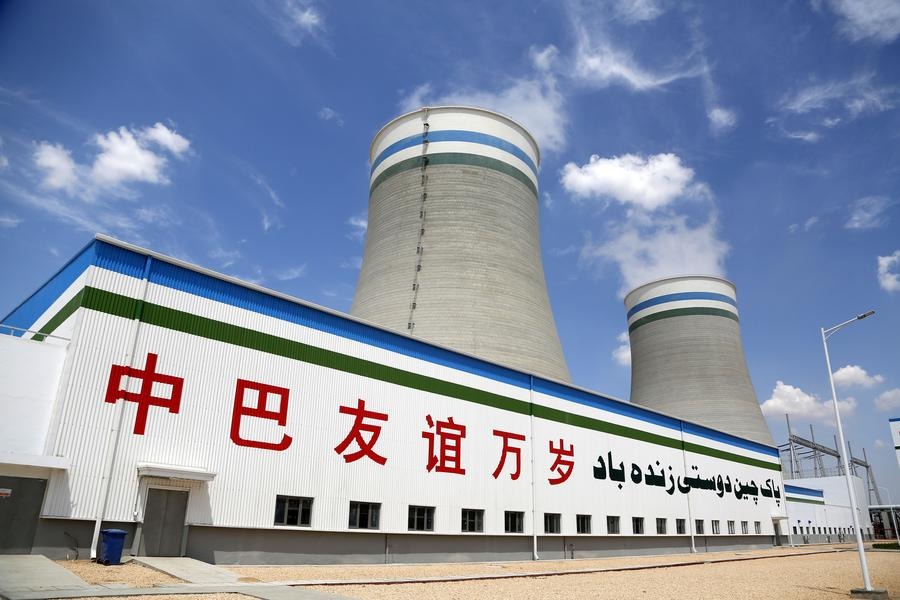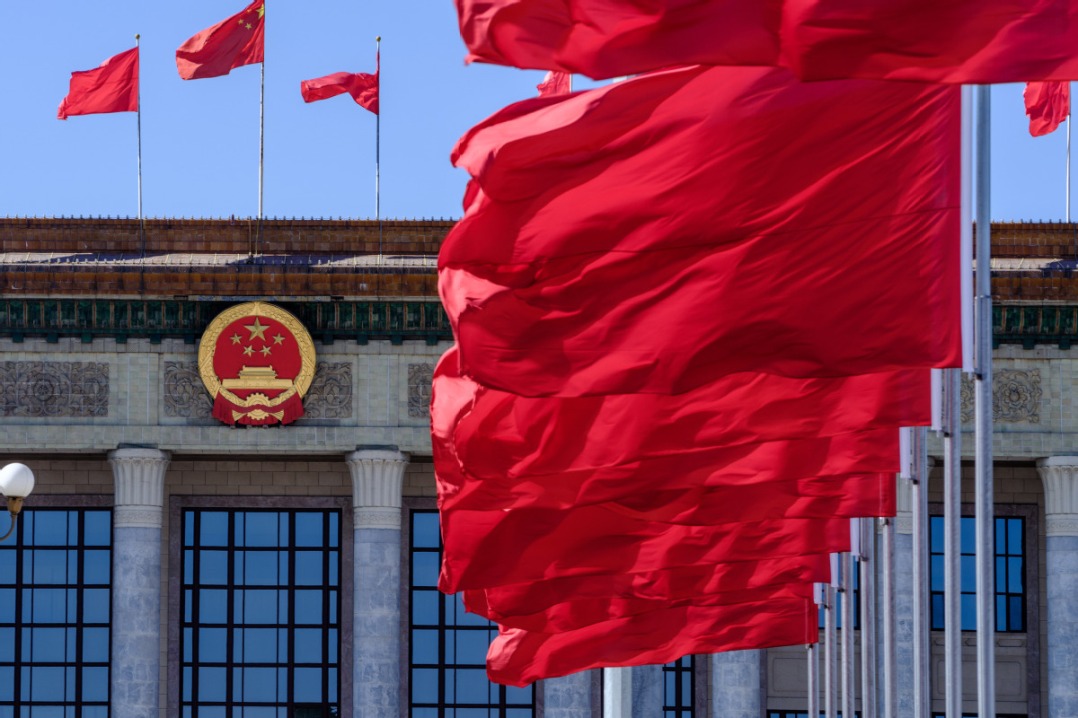Discharge of nuclear-contaminated water sets bad precedent


Japan will release 7,800 metric tons of "treated" nuclear-contaminated water into the Pacific Ocean, starting from Friday, in the seventh discharge round.
Despite the Tokyo Electric Power Company calling the nuclear-contaminated water stored in the damaged Fukushima Daiichi nuclear power plant reactor "ALPS-processed water" and its release into the ocean part of their "Decommissioning Work", the risk such water with high radioactivity poses to the world is undeniable. There is growing consensus that among the options available, Japan chose the cheapest way of dealing with the water as well as one that poses the greatest risk to the world. The discharge process is expected to last for more than three decades.
Worse than the pollution itself is the fact that the international community failed to stop one country from putting mankind at risk only to save its own costs of dealing with the nuclear-contaminated water. From the time Japan made public its plan to release the water into the ocean, China made umpteen pleas to Japan to reconsider but all its pleas fell on deaf ears. The United States, another Pacific nation, openly supported Japan's move. The International Atomic Energy Agency, despite entreaties from various nations, gave the go-ahead, producing a report saying Japan's nuclear-contaminated water "met the standards".
A dangerous precedent has been set. If any other country faces a similar situation in the future, there is a danger of it following Japan's lead by rallying support from the powerful nations and international agencies.


































